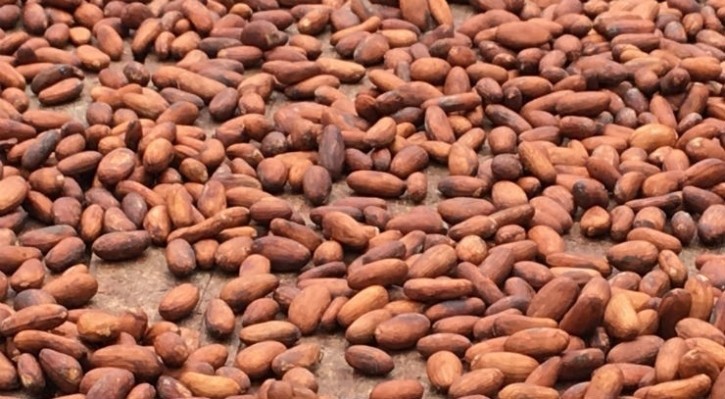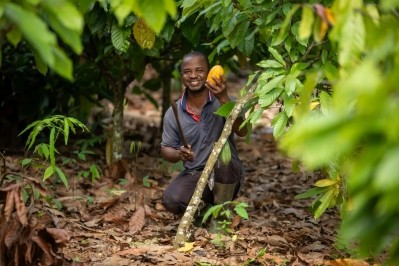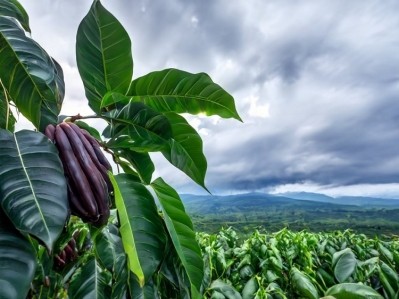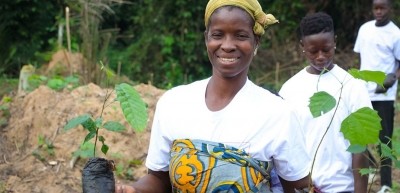Commodities
Future of cocoa under threat as prices skyrocket due to bean shortages

The latest price hike has been driven by news from West Africa that major cocoa plants in Cote d’Ivoire and Ghana have halted or reduced processing because they cannot afford to buy beans, trading sources told media outlets.
According to Bloomberg, cocoa is more expensive than copper on the commodities market, and in the run-up to Easter, chocolate makers have already increased prices to consumers, after three years of poor cocoa harvests in West Africa, with a fourth expected.
The pursuit for beans is partly caused by news from Ghana, the world’s second-largest grower after Cote d’Ivoire, that it is set to lose access to a key funding facility as COCOBOD, the industry regulator, relies on foreign financing to pay cocoa farmers for their beans.
According to Bloomberg, “Cocoa’s advance will feed through into higher chocolate costs throughout the year.”
As ConfectioneryNews reported, Easter eggs are more expensive due to last year’s price jump. Bloomberg said some manufacturers are curbing bar sizes or promoting varieties with other ingredients to soften the blow.
“Chocolate may be even more expensive in Easter 2025 if cocoa-tree diseases and inclement weather prolong the deficit amid high sugar prices,” Bloomberg Intelligence analyst Diana Gomes said in a note at the weekend.
Living income
The focus is now on West Africa’s upcoming mid-crop (April to September), the smaller of two annual harvests.
Jon Walker, Fairtrade International Senior Advisor for Cocoa told this publication: “While high prices may seem like a windfall for farmers, once they eventually reach the farmgate, the underlying causes are worrying.
“The drastic increase is the result of a drop in supply, triggered by crop loss due to disease, climate change, and likely the increases in the costs of production and living for farmers due to crippling inflation.
“It remains to be seen if supply will bounce back or whether the current trend will be longer-lasting. New regulations being rolled out and debated in Europe—such as on deforestation and corporate due diligence—are much needed but will also increase costs for producers and companies in unknown ways.”
Should the major West African countries default on supply contracts, the fallout will affect cocoa processors worldwide. Asia’s Guan Chong Bhd, one of the world’s biggest cocoa processors, is already reportedly looking to procure cocoa from Ecuador, Peru, and Indonesia and is paying premiums to secure its beans.
Boom and bust pricing
"We need massive demand destruction to catch up with the supply destruction," Tropical Research Services' Steve Wateridge, a world expert on cocoa, told Reuters.
The economic challenges exacerbate farmer struggles with living income, said Michael E Odijie in an article for The Conversation Africa. He noted that environmental factors like El Niño, economic cycles, and human activities like illegal mining contribute to declining cocoa production in the region.
Walker said, “Fairtrade has long maintained that the cycle of boom and bust pricing is unsustainable for smallholder farmers, who need more stability in their livelihoods to invest in their farms and adapt to climate change. Higher prices offset by lower productivity perpetuate the income insecurity that keeps farmers trapped in poverty and threatens the future of cocoa.”



















